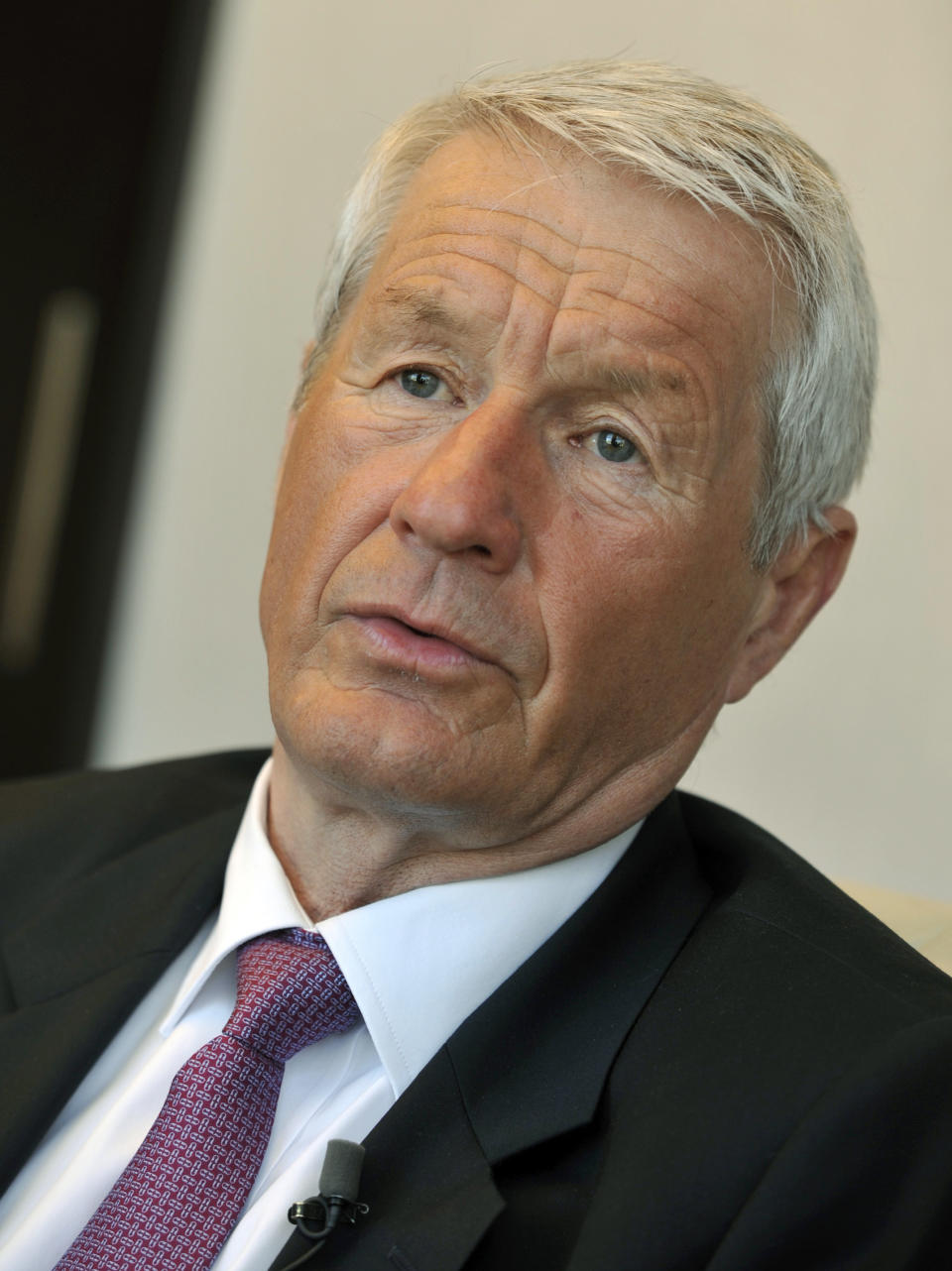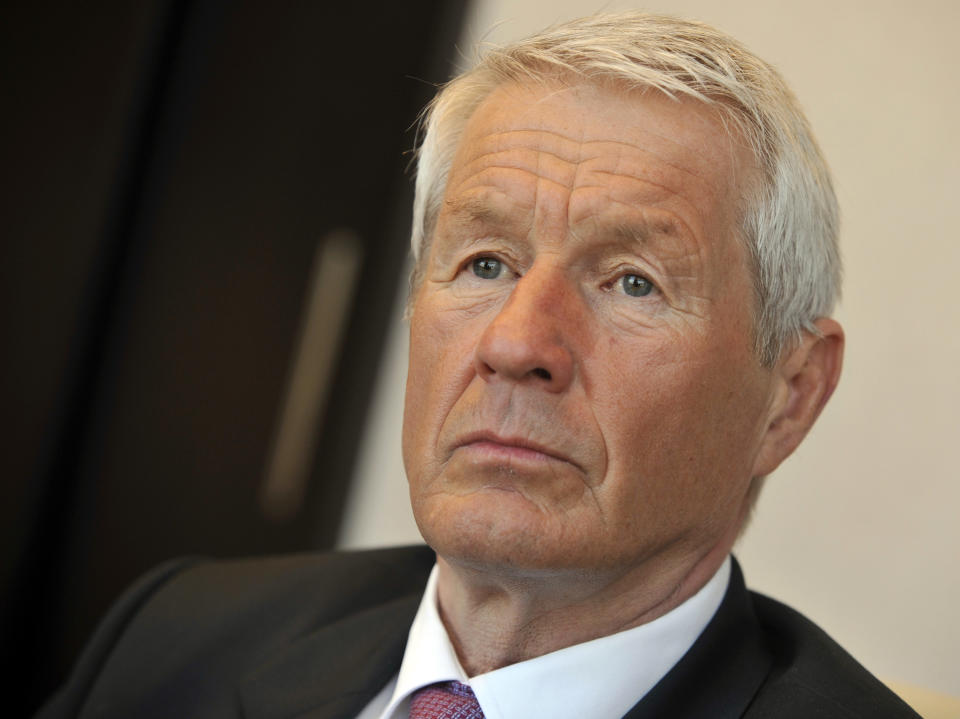AP Interview: Hungary's church law criticized
BUDAPEST, Hungary (AP) — The head of the Council of Europe on Wednesday criticized a new law in Hungary that sharply reduced the number of officially recognized churches and changed the procedure they need to follow to gain that status.
Council of Europe Secretary-General Thorbjorn Jagland was in Budapest to meet with Prime Minister Viktor Orban and other leading government officials to discuss the church law and other recent ones regarding media and judicial reforms that have drawn international criticism.
Hungary's new church law, which requires parliamentary approval of churches by a two-thirds majority, sharply cut the number of officially recognized ones from more than 350 to 32.
Before the change, religious groups only had to register with the courts to gain official status and access to state subsidies and tax advantages.
"Our assessment is that overall it provides a generous framework for religious communities, but there are some problems," Jagland said of the law in an interview with The Associated Press. "We recognize that there was a need to avoid that some religious organizations or churches misuse the possibility to get public funding, but having said this, some of the provisions in the law are problematic."
He agreed with a report released Monday by the Venice Commission, the Council of Europe's advisory body on constitutional matters. It called the obligation to obtain recognition by the Hungarian Parliament as a condition to establish a church a "restriction on the freedom of religion."
The government has said the law was needed to filter out "business churches," for-profit organizations carrying out no religious activities. But the role of lawmakers in such decisions has raised suspicions that in some cases political considerations have outweighed applicants' religious and social merits.
"The political nature of this law is that Hungarian parliament is the one to decide which religious organizations or churches are to be registered," Jagland said. "This means that this issue can be politicized, which is not in accordance with the normal standards we have in Europe today."
There is now a list of qualifications churches must meet to be recognized, but lawmakers do not have to explain their decisions, leaving applicants in the dark about the reasons for their rejection.
Parliament's decisions can only be appealed to the Constitutional Court, a process criticized by the Venice Committee because by having to skip the ordinary courts the churches "lose one degree of protection."
Jagland said, "There has to be clear criteria for those decisions by the authorities and after that, if it is being disputed and sent to the courts, the courts should also have clear criteria for their decisions."



